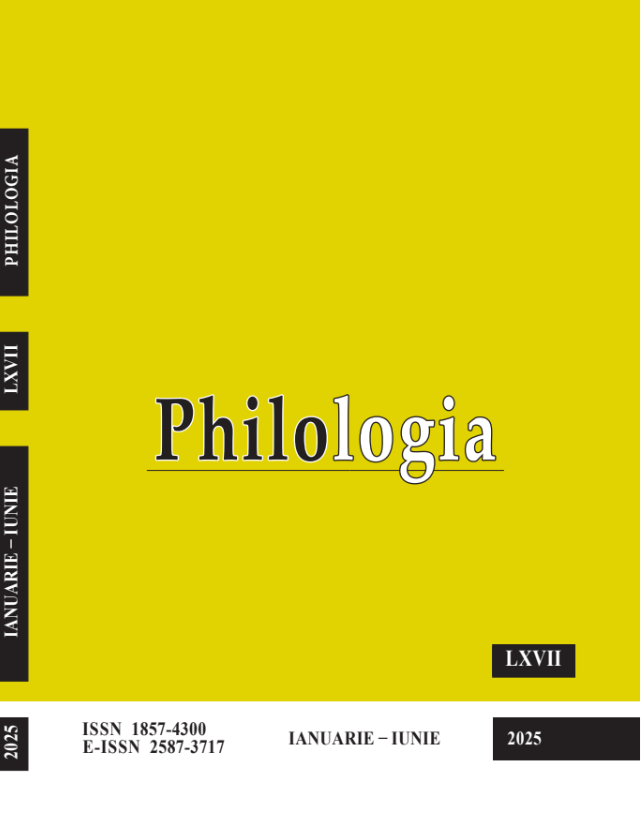Abstract
The article focuses on the interpretation of water in its dual beneficial and malevolent form in the prose of Romanian writers (V. Voiculescu, M. Eliade, Al. Popescu, R. Găvan, V. Beșleagă) and American writers (C. Oates, J.T. MacGregor). The theoretical part of the article is centered on the relevant analyses of the imaginary made by C.G. Jung, S. Freud, M. Klein, Cr. Gavriluță, A. Poruciuc, and on the concepts of ambivalence, splitting, double representation, the ego’s drive, and the Dofl legend. The author captures the blackness of water (turbid, viscous) in contrast with the characters’ experiences. The negative aspects of water increase in intensity, and water becomes a useful tool for probing the obscure areas of the characters’ unconscious. The article discusses the aquatic imaginary, from the everyday representations found in expressions and popular sayings to literary works, where the aquatic imaginary intensifies in negative depictions.

